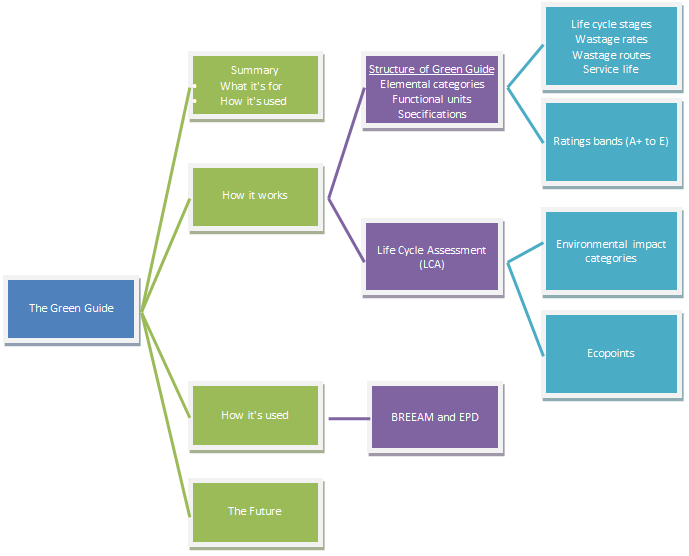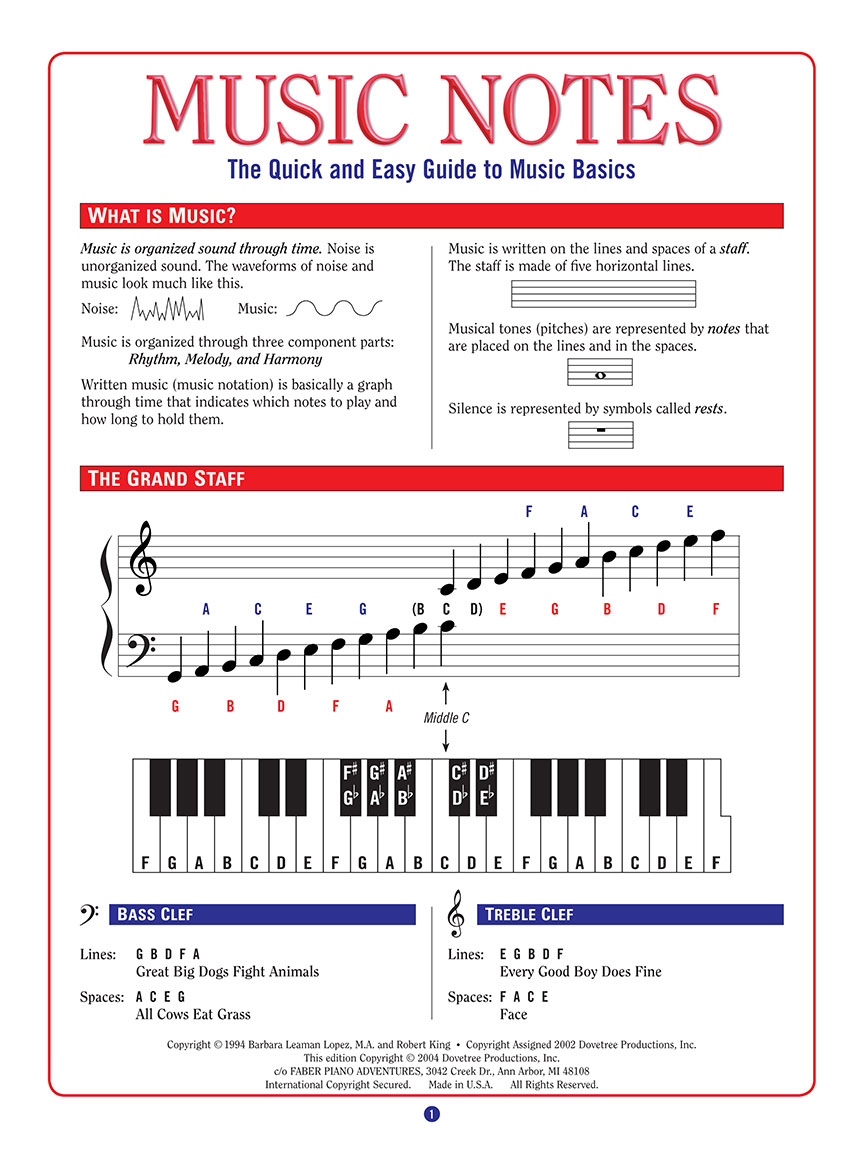
I also appreciate Wreden’s performance in that final sequence. JC: I definitely don’t think the ending clicked the way it maybe should have, but I like the way it raises more questions about the relationship of audience and creator. And by releasing the game with that narrative wrapper, it implicates the “real” audience of The Beginner’s Guide. I think the part where it fell flat for me is that at a certain point that Wreden-the-game-creator-creating-for-an-audience started to conflate himself with an actual audience. But it struck me as a book about writer’s block! I think there’s a really great conversation that’s going on in there that I loved for about 3/4 of the way through: it’s about a game creator creating for the self and a game creator creating for an audience. PK: Coda is Wreden for sure, no matter the waffling in some reviews I’ve read. JC: I agree with you that it’s operating as more of a self-reflection, but I’m curious as to who Wreden is trying to find in the mirror. I was going to say between the artist and himself, but I didn’t want to exclude everybody who worked on it-though it’s definitely his ship. PK: Because then it could have existed as a pure conversation between the team and themselves.

Josh Calixto (JC): What makes you say that?

Paul King (PK): Not a dig: I think The Beginner’s Guide should have never been released. After Kill Screen writers started completing it, they huddled in corners to unpack the experience. It’s a quick and thought-provoking game, one that reveals its secrets quietly to players and leaves ideas rattling around in the player’s head.

Davey Wreden quietly released The Beginner’s Guide, his follow-up to The Stanley Parable.


 0 kommentar(er)
0 kommentar(er)
